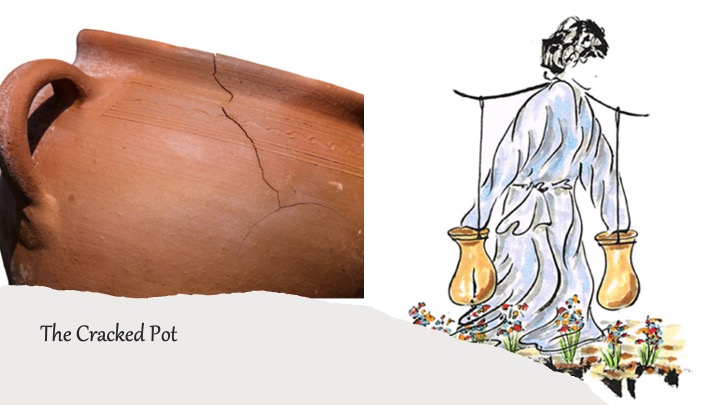Today’s episode presents three stories from the book of Acts. In the first, Cornelius, a devout Roman centurion stationed in Caesarea, receives a vision from an angel instructing him to summon Peter. Meanwhile, in Joppa, Peter has a vision of a sheet descending from heaven containing all sorts of animals, accompanied by a command to eat them. At first, Peter misinterprets this as a divine instruction to break from Jewish dietary laws. But he soon understands that this is about being open to evangelizing Gentiles. Peter travels to Cornelius' house. There, he preaches the gospel to the centurion and his household, and the Holy Spirit falls upon them. This event marks a turning point in the early Church, signifying the inclusion of Gentiles into the Christian community.
In the second story, King Herod imprisoned Peter, intending to execute him. But the church fervently prays for his release. On the eve of his trial, an angel miraculously frees Peter from his chains and leads him out of prison, past sleeping guards and through an iron gate. Peter arrives at the house where the believers are praying, and they are astonished to see him. Herod's plan is thwarted, and the church rejoices at Peter's miraculous deliverance.
In the third story, during a grand spectacle, Herod accepts the crowd's praise as a god. Immediately, he is struck down by an angel of the Lord, suffering intense pain and being eaten by worms, a divine punishment for his pride and refusal to give glory to God. The contrast between Herod's tragic end and the flourishing of the early church underscores the ultimate futility of resisting God's will. It is a powerful reminder that true power and lasting impact come not from earthly authority or human accolades, but from aligning oneself with God's purposes and embracing His values of humility, justice, and love.

What do the Israelites need to do to thrive in the Promised Land? What do we need to do to thrive today? It’s simple:...

We were made to build the church. God made each one of us with unique talents, personalities and skill sets. And when we ask...

The Apostle Paul writes in 2 Corinthians 4:7, “But we have this treasure in earthen vessels, so that the surpassing greatness of the power...